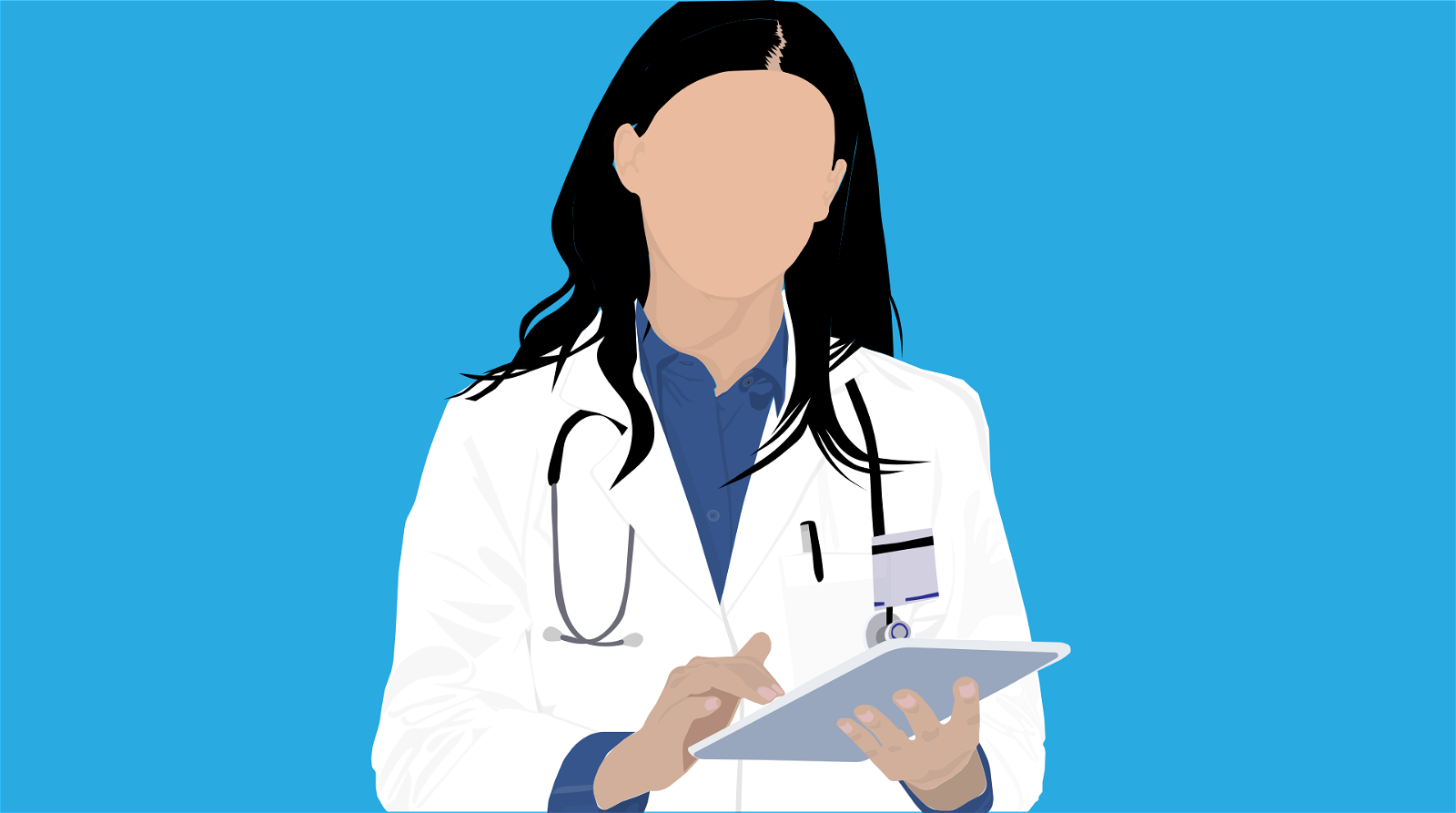There are many studies that seem to prove the fact that, if taken in the right way and in the right doses, CBD can have positive effects on our organism; yet the negative prejudices of the media and of a good part of the public opinion still persist.
However, this has not stopped the experimentation on CBD and the cannabis sativa plant, especially in the United States, where the focus has been on a very specific area of study: the effects of cannabidiol on anxious subjects or those under great stress. During one of these experiments, researchers were able to demonstrate the effectiveness of 300 mg of CBD oil daily for four weeks on a group of these subjects. The patients tested experienced a significant reduction in their anxiety levels and general relaxation over the long term. In a similar study it was shown that the intake of this product containing cannabidiol is able to reduce anxiety in specific situations, such as the infamous “stage anxiety”, a situation objectively anxiogenic for many and in which even generally non-anxious subjects can run into.
Researchers found that an oral dose of 300 mg, administered 90 minutes before the test, was sufficient to significantly reduce speakers’ anxiety.
Members of the placebo group and study subjects who received 150 mg saw little benefit. The same was true for subjects who received 600 mg.
The study looked at only 57 subjects, so it was small. More research, including studies examining female subjects, is needed to determine the appropriate dosage for people with anxiety.
For generalized anxiety disorder (GAD) , the National Institute on Drug Abuse (NIDA) states that CBD has been shown to reduce stress in animals such as rats.
It was observed that the study subjects had lower behavioral signs of anxiety. Their physiological symptoms of anxiety , such as an increased heart rate, also improved.
There are many studies that seem to prove the fact that, if taken in the right way and in the right doses, CBD can have positive effects on our organism; yet the negative prejudices of the media and of a good part of the public opinion still persist.
However, this has not stopped the experimentation on CBD and the cannabis sativa plant, especially in the United States, where the focus has been on a very specific area of study: the effects of cannabidiol on anxious subjects or those under great stress. During one of these experiments, researchers were able to demonstrate the effectiveness of 300 mg of CBD oil daily for four weeks on a group of these subjects. The patients tested experienced a significant reduction in their anxiety levels and general relaxation over the long term. In a similar study it was shown that the intake of this product containing cannabidiol is able to reduce anxiety in specific situations, such as the infamous “stage anxiety”, a situation objectively anxiogenic for many and in which even generally non-anxious subjects can run into.
Researchers found that an oral dose of 300 mg, administered 90 minutes before the test, was sufficient to significantly reduce speakers’ anxiety.

Members of the placebo group and study subjects who received 150 mg saw little benefit. The same was true for subjects who received 600 mg.
The study looked at only 57 subjects, so it was small. More research, including studies examining female subjects, is needed to determine the appropriate dosage for people with anxiety.
For generalized anxiety disorder (GAD) , the National Institute on Drug Abuse (NIDA) states that CBD has been shown to reduce stress in animals such as rats.
It was observed that the study subjects had lower behavioral signs of anxiety. Their physiological symptoms of anxiety , such as an increased heart rate, also improved.

CBD can also help people with other forms of anxiety, such as social anxiety disorder (SAD) and post-traumatic stress disorder (PTSD) . It can help treat anxiety-induced insomnia as well.
In 2011, a study investigated the effects of CBD on people with SAD. Participants were given an oral dose of 400 milligrams (mg) of CBD or a placebo. Those who received CBD experienced overall reduced levels of anxiety.

Several recent studies have shown that CBD can help with symptoms of PTSD, such as having nightmares and reproducing negative memories. These studies have examined CBD both as a standalone PTSD treatment and as a supplement to traditional treatments such as medications and cognitive behavioral therapy (CBT) .
However, the nonprofit National Organization for the Reform of Marijuana Laws (NORML) advises that very few commercially available products contain enough CBD to replicate the therapeutic effects observed in clinical trials.
CBD can also help people with other forms of anxiety, such as social anxiety disorder (SAD) and post-traumatic stress disorder (PTSD) . It can help treat anxiety-induced insomnia as well.
In 2011, a study investigated the effects of CBD on people with SAD. Participants were given an oral dose of 400 milligrams (mg) of CBD or a placebo. Those who received CBD experienced overall reduced levels of anxiety.
Several recent studies have shown that CBD can help with symptoms of PTSD, such as having nightmares and reproducing negative memories. These studies have examined CBD both as a standalone PTSD treatment and as a supplement to traditional treatments such as medications and cognitive behavioral therapy (CBT) .
However, the nonprofit National Organization for the Reform of Marijuana Laws (NORML) advises that very few commercially available products contain enough CBD to replicate the therapeutic effects observed in clinical trials.




